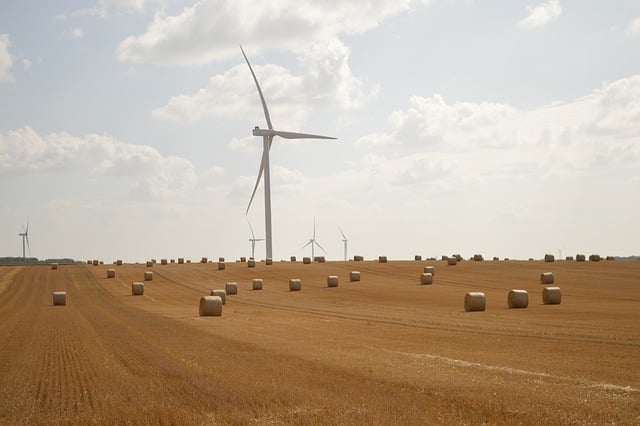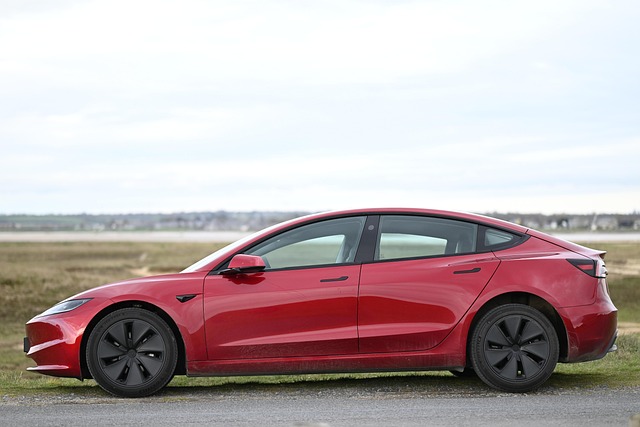Pedaling Towards Sustainable Rural Development
In an increasingly urbanized world, the essence of rural life often gets overshadowed by the hustle and bustle of cities. Yet, rural areas possess unique charms and potentials that are pivotal for our collective future. One of the most effective ways to marry the beauty of rural landscapes with modern needs is through sustainable rural development that embraces green transportation options like bicycles.
Imagine winding through a serene countryside, fresh air filling your lungs, as the rhythmic sound of your bike tires on the gravel harmonizes with the soft chirping of the birds. Cycling offers an immersive experience of rural environments, allowing individuals to appreciate local flora and fauna while reducing carbon footprints. This direct interaction fosters a deeper connection with one’s surroundings and highlights the importance of sustainable practices in rural settings.
Transport sustainability is not just about reducing emissions; it encompasses the entire lifecycle of transportation choices. In rural areas, where public transport might not be as accessible, bicycles could serve as an excellent solution. They provide mobility without reliance on fossil fuels, promoting health, environmental and economic benefits. For communities, investing in bike paths and cycle-friendly infrastructures can catalyze sustainable rural development by increasing local tourism and enhancing residents’ quality of life.
Moreover, bicycles can play a crucial role in local economies. Farmers and artisans can utilize bikes for transporting goods to nearby markets, drastically reducing transportation costs, preserving the environment, and encouraging local purchasing. By facilitating easier access to markets, rural entrepreneurs can thrive, ensuring a vibrant community that supports sustainable practices. These economic opportunities directly correlate with increased investment in local infrastructure, education, and healthcare, laying the groundwork for broader development efforts.
Furthermore, promoting cycling as a primary mode of transport through organized events and community initiatives can spark a cultural shift. By encouraging locals to embrace biking and facilitating safe routes, a community can nurture a sense of belonging and shared responsibility for their environment. Schools, community centers, and local governments can collaborate to launch cycling workshops, further embedding bike culture in rural society.
Ultimately, the vision of a sustainable future for rural regions is intertwined with the journey of each pedal stroke. Bicycles, often perceived as simple tools for recreation, can transform lives by fostering connections with nature, boosting local economies, and supporting community health. Embracing sustainable rural development powered by cycling not only protects our environment but also reinvigorates the spirit of rural communities, positioning them as vital players in our quest for sustainability.




